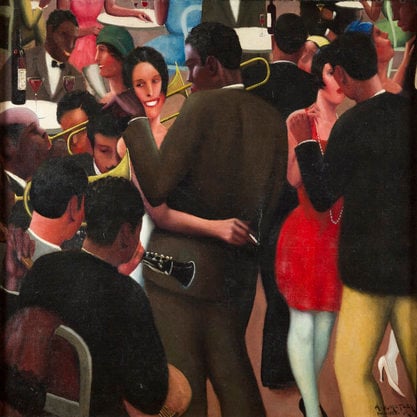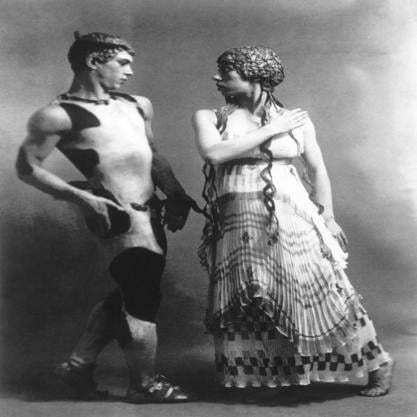Article
Anti-Semitism including the Holocaust By Schuster, Joshua
Article
Anti-Semitism, a term coined in Europe at the end of the 19th century, is the hatred of Jews and Jewishness, the latter being perceived in widely varying and contradictory ways. By the early 20th century, Jewishness was associated negatively with capitalism as well as with Communism and an adherence to ancient, outmoded beliefs and keenness toward urban and modernist sensibilities. Purveyors of anti-Semitism drew caricatures of Jews to fit a variety of exclusionary agendas, casting blame on the minority group for upsetting Christian, nativist, and purist values in politics, nationalism, religion, or culture. Modernist artists who were prone to agree with arguments that foretold the decline of civilization drew on the figure of the Jew to embody a series of malaises, depicting Jews as unwanted, archetypal Others to Western cultural values.






![Kulish, Mykola Hurovych [КУЛІШ МИКОЛА ГУРОВИЧ] (1892–1937)](/propagator/data/img-dc/original/image/drama-hero/Salzburger_Festspiele_2012_-_Carmen_converted.jpg)

